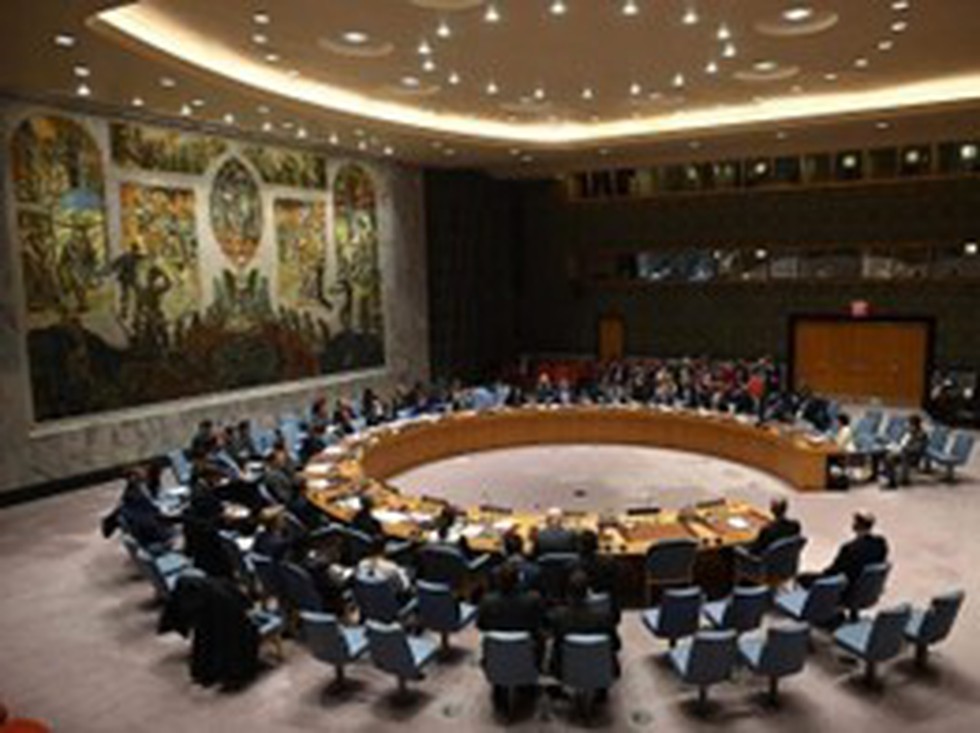About Intergovernmental Negotiations Framework (IGN):
- IGN is a group of nation-states working within the UN to further reform the United Nations Security Council (UNSC).
- Composition: The IGN is composed of several different international organisations, namely:
- The African Union;
- The G4 nations (India, along with Brazil, Japan and Germany are pressing for a permanent seat in the reformed UNSC);
- The Uniting for Consensus Group (UfC), also known as the "Coffee Club";
- The L.69 Group of Developing Countries;
- The Arab League; and
- The Caribbean Community (CARICOM).
- Each group represents a different set of positions vis-a-vis reforming the UNSC.
- The group's conversations are considered "informal" in nature due to the lack of single text, and thus, UNGA rules of procedure don't apply.
- But in 2015, a framework document was agreed when it comes to the reform, which can be the basis for future talks.
What is the United Nations Security Council (UNSC)?
- The United Nations Charter established six main organs of the United Nations, including the UN Security Council (UNSC).
- UNSC has the primary responsibility for the maintenance of international peace and security.
- Under the UN Charter, all Member States are obligated to comply with Council decisions.
- The Security Council has a permanent residence at the United Nations Headquarters in New York City.
- Powers:
- Establishment of peacekeeping operations.
- Establishment of international sanctions.
- Authorisation of military action through Security Council resolutions.
- Members:
- The U.N. Charter provides for 15 members of the UNSC:
- Five permanent members are known as P5, including the United Kingdom, China, France, Russia and the US. They have veto power over decisions of the UNSC.
- 10 non-permanent members. Each year the 193-member General Assembly elects five non-permanent members for a two-year term at the UNSC.
